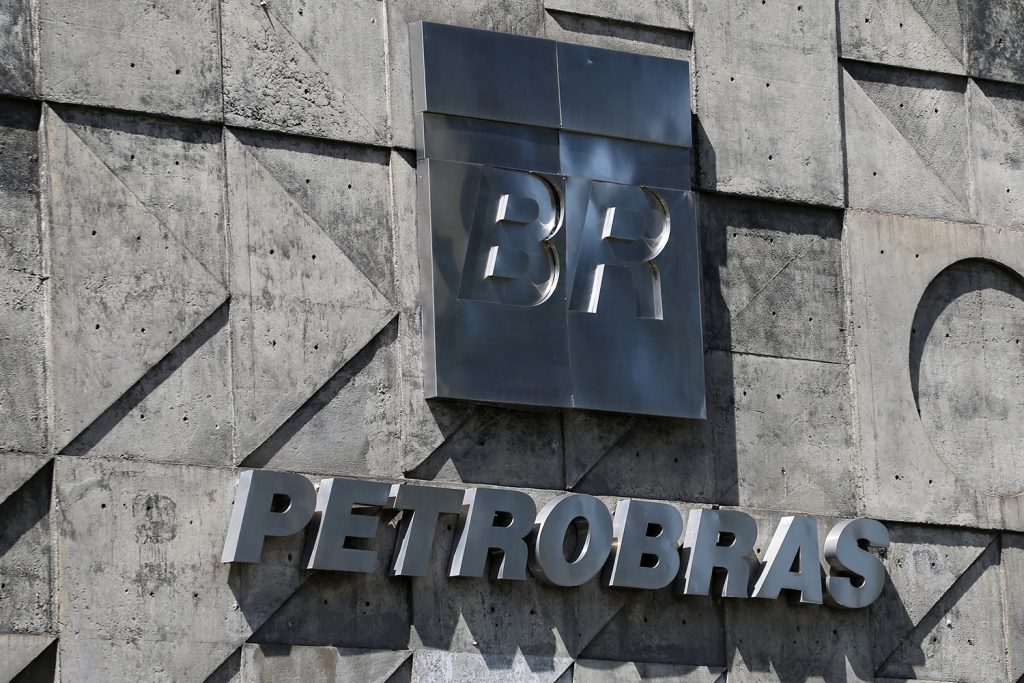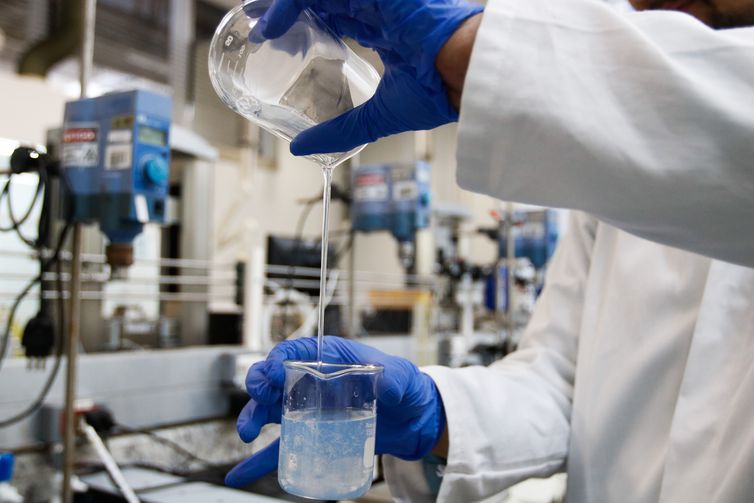RIO DE JANEIRO, BRAZIL – Capsules releasing content only when submitted to certain environmental conditions and materials that change consistency only when they are inside the oil wells will increase the extraction of oil and gas in Brazil in the coming years, according to Petrobras. The company will invest R$30 million (US$7.5 million) over the next five years in the development of nanotechnology solutions to increase production.

The ongoing research has already been allocated R$21.3 million. The emphasis, according to Petrobras, is the so-called Spartan, which means increased performance of scanning performed by the thermally activated nano-system. The technology will be focused mainly on the pre-salt. It is, in a simplified way, a material that is capable of changing consistency when injected into oil wells contributing to extract more oil and gas.
The material, which is more liquid in colder environments, is easily carried through the pipes to the wells. When it reaches higher temperatures, it becomes gelatinous, blocking channels, faults and rock fractures, typical of pre-salt areas, preventing the oil from accumulating in these cracks and not being used.
According to Petrobras’ petroleum engineer, Leonardo Alencar, a member of the company’s Research Center (CENPES), tests show that Spartan enables the extraction of 13 percent more oil than the technologies available today.
“We are taking a stance that is very much in line with the world, which is one of disruptive transformations. We are being encouraged to create, to innovate and to do things differently”, says Alencar.
Spartan is developed in partnership with the Federal University of Rio de Janeiro’s (UFRJ) Chemistry Institute. It is expected to be used in the field by the end of 2022.

In addition to Spartan, Petrobras is investing in other nanotechnology initiatives, such as chemical product capsules. “These nanocapsules have controlled release by some temperature parameter, Ph and salinity. When it reaches the [oil] reservoir, it finds a certain temperature or salinity or Ph and releases this product,” Alencar explains.
He says the advantage is that they sometimes carry acid products that would damage the structures if they were carried by pipes to the wells. The product they carry also helps in the extraction of oil and gas. Nanocapsules, and other nanotechnology solutions such as carbon nanomaterials, could be implemented by 2025.
These are all instances of nanotechnology, a science focused on the study of the manipulation of matter on an atomic and molecular scale, and therefore very small: “Nanotechnology, although not [in principle] that new – it began to be manipulated from the 1980s – [in practice, became] relatively new. In the world of oil and gas, which is extremely conservative, it began about ten years ago,” he says and adds: “I would say that we are advancing together [with the rest of the world]”.
The resources invested in this research are governed by the clauses of investment in research, development and innovation (RD&I), regulated by the Agency for National Petroleum, Natural Gas and Biofuels (ANP)
Under these rules, the concessionaires must incur qualified expenses in an amount corresponding to one percent of the gross revenue from the production of fields corresponding to a special share, i.e., the research explores high-volume fields of production.
Source: Agência Brasil

